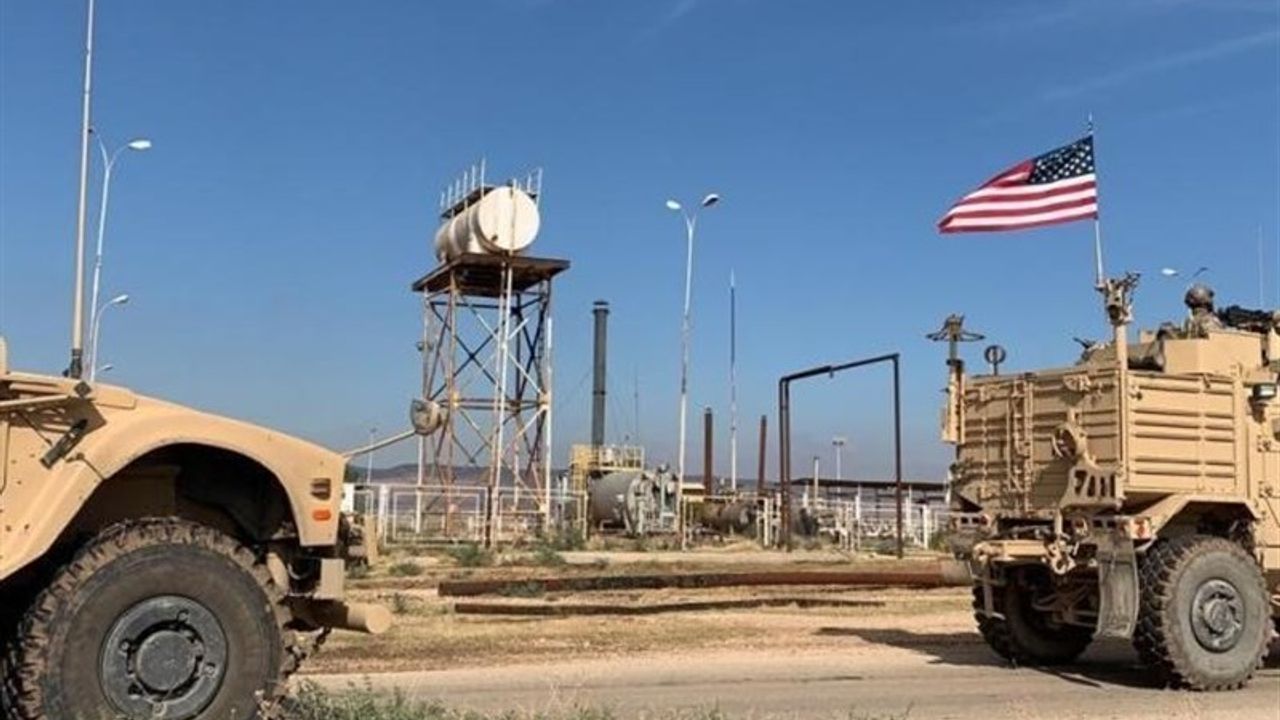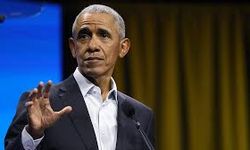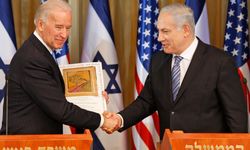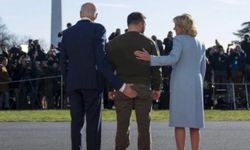The move came a day after a US airstrike killed Abu Taqwa al-Saidi, a leader of the Nujba Movement, a Shiite militia affiliated with the Iranian-backed Hashd al-Shaabi, in the Iraqi capital Baghdad.
The attack sparked outrage among groups close to Iran, which have demanded an end to the American presence in Iraq.
"The government is setting the start date for the bilateral commission to make arrangements to permanently end the presence of international coalition forces in Iraq," the Prime Minister's Office said in a statement.
"We emphasize our firm position to end the presence of the international coalition as the justification for their presence has ended," Sudani was quoted as saying in the statement.
A government official also said that the committee will include military representatives.
In a press conference, US Department of Defense (Pentagon) spokesman Brigadier General Patrick Ryder argued that al-Saidi was actively planning and directing attacks against US military personnel in the region.
Likewise, the Pentagon claimed that the US military carried out Thursday's attack in retaliation for recent attacks on American military personnel.
The US has 900 troops in Syria and 2,500 in Iraq.
Washington claims its presence in the two countries is to "advise and assist local forces trying to prevent the resurgence of Daesh".
Iranian-backed militias in Iraq and Syria oppose the Israeli offensive in Gaza and blame the United States for it.
Clashes between US troops and Iranian-backed groups in Syria: 19 dead
Meanwhile, Prime Minister Sudani has limited influence over groups close (ideologically) to Iran, which form a strong bloc in the governing coalition.
It is noteworthy that Baghdad's announcement of the closure of US bases in the country comes on the same day as US Secretary of State Antony Blinken's visit to the Middle East.
The US administration, led by George W. Bush, invaded Iraq in 2003 with attacks on then-President Saddam Hussein's regime. At the end of 2011, Washington declared the end of the Iraq war and troops were withdrawn. After the emergence of ISIS, American troops were sent back to the region.















